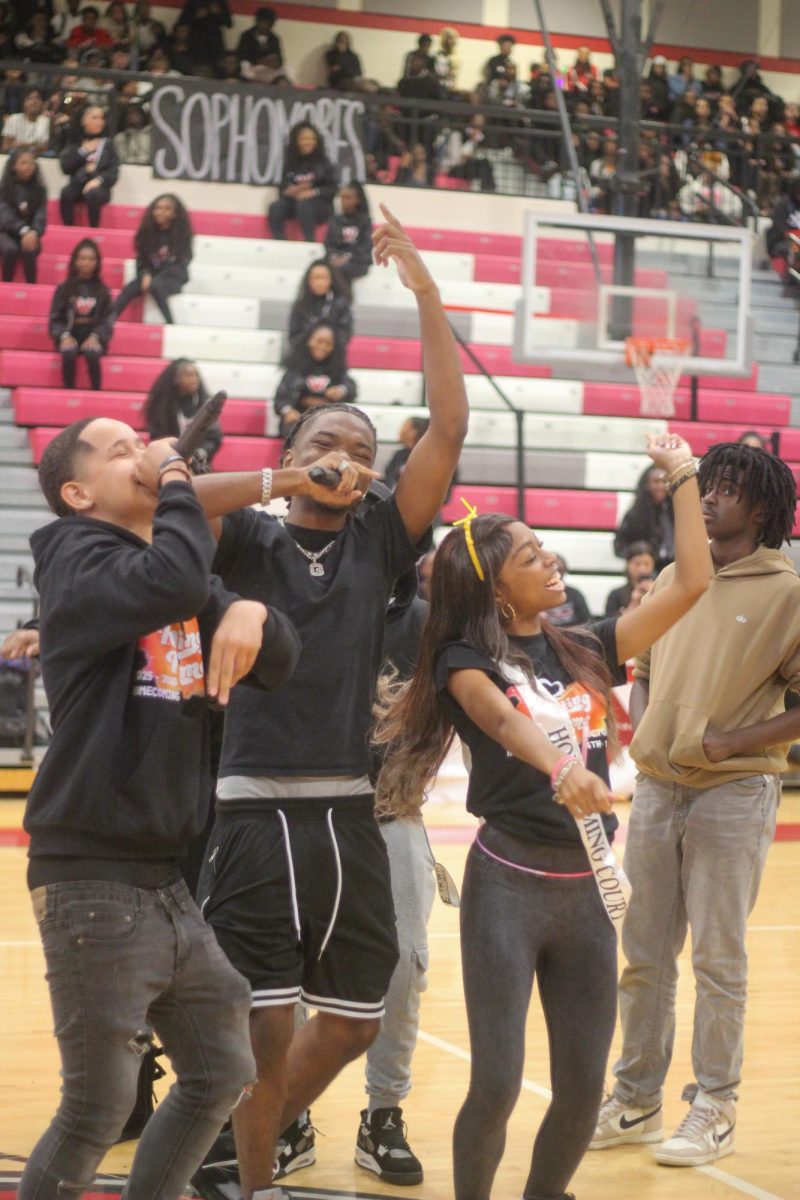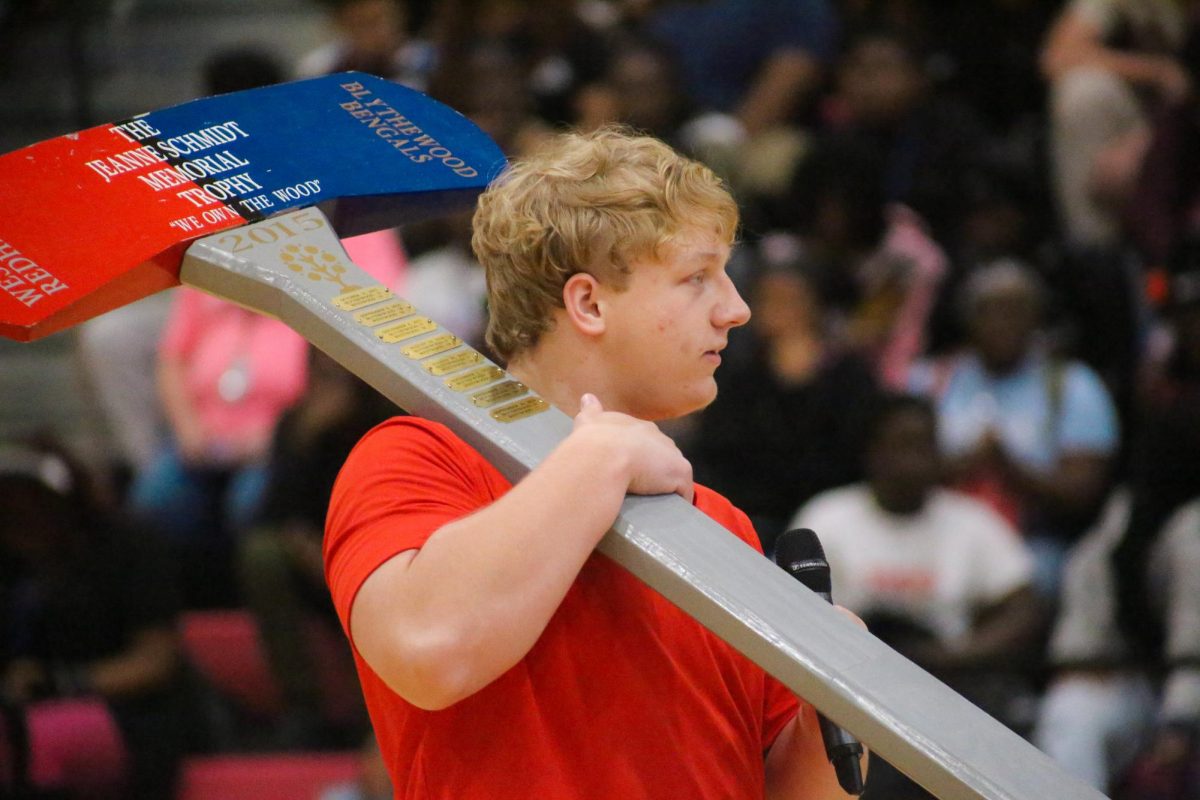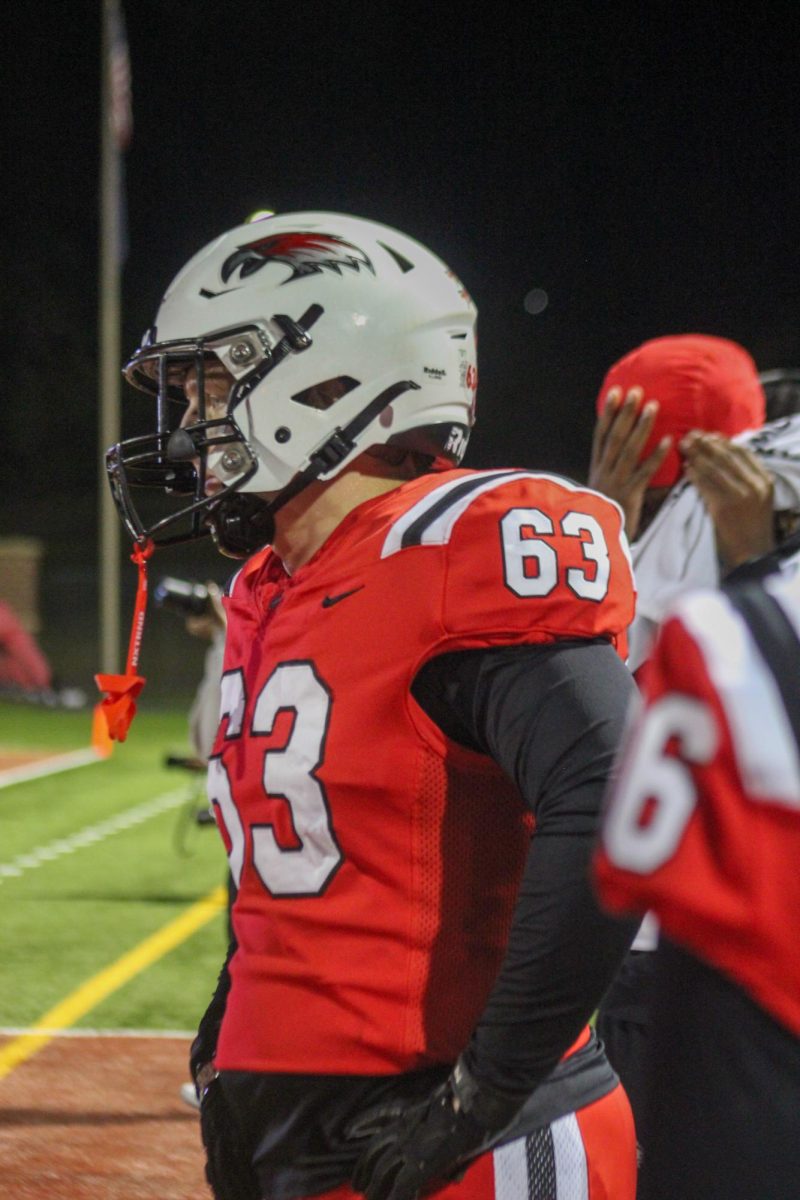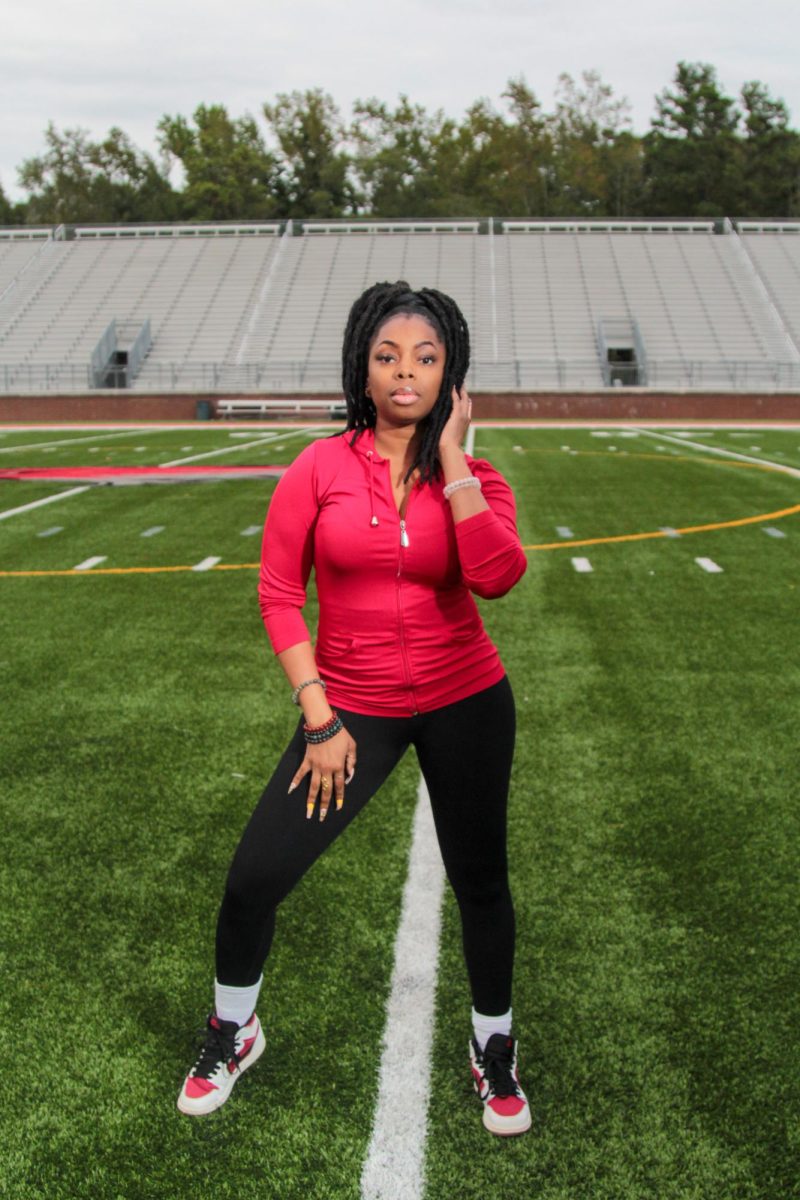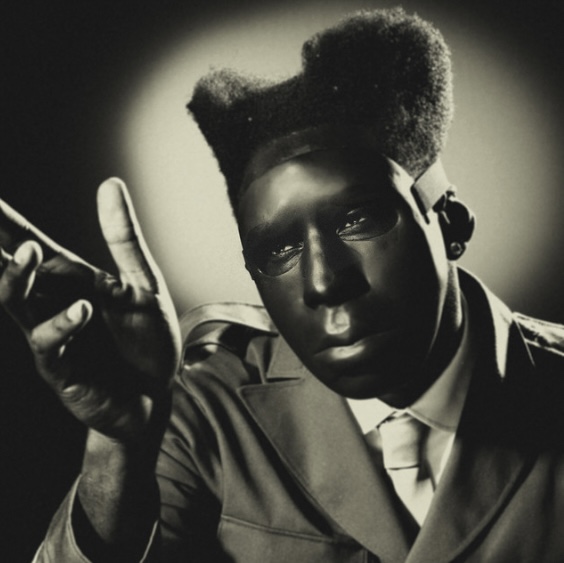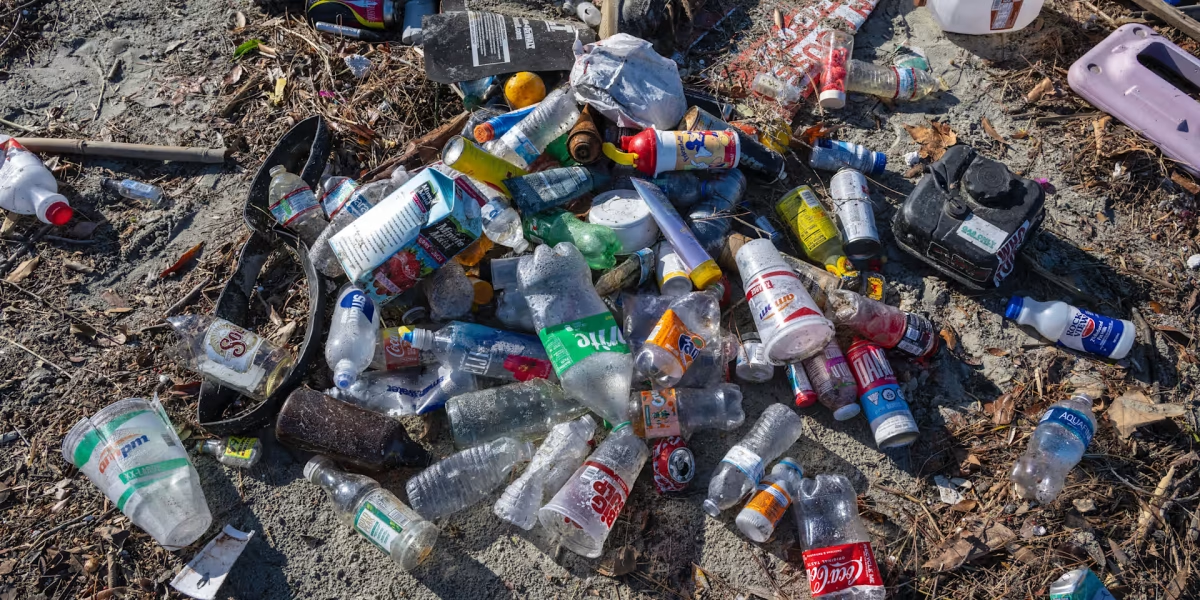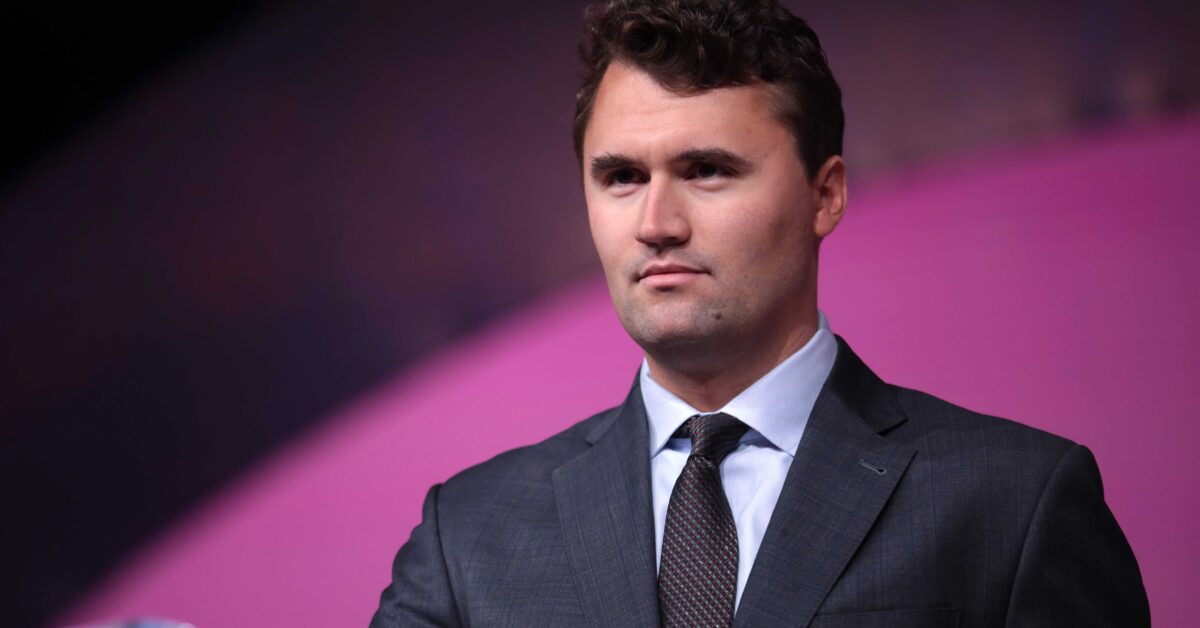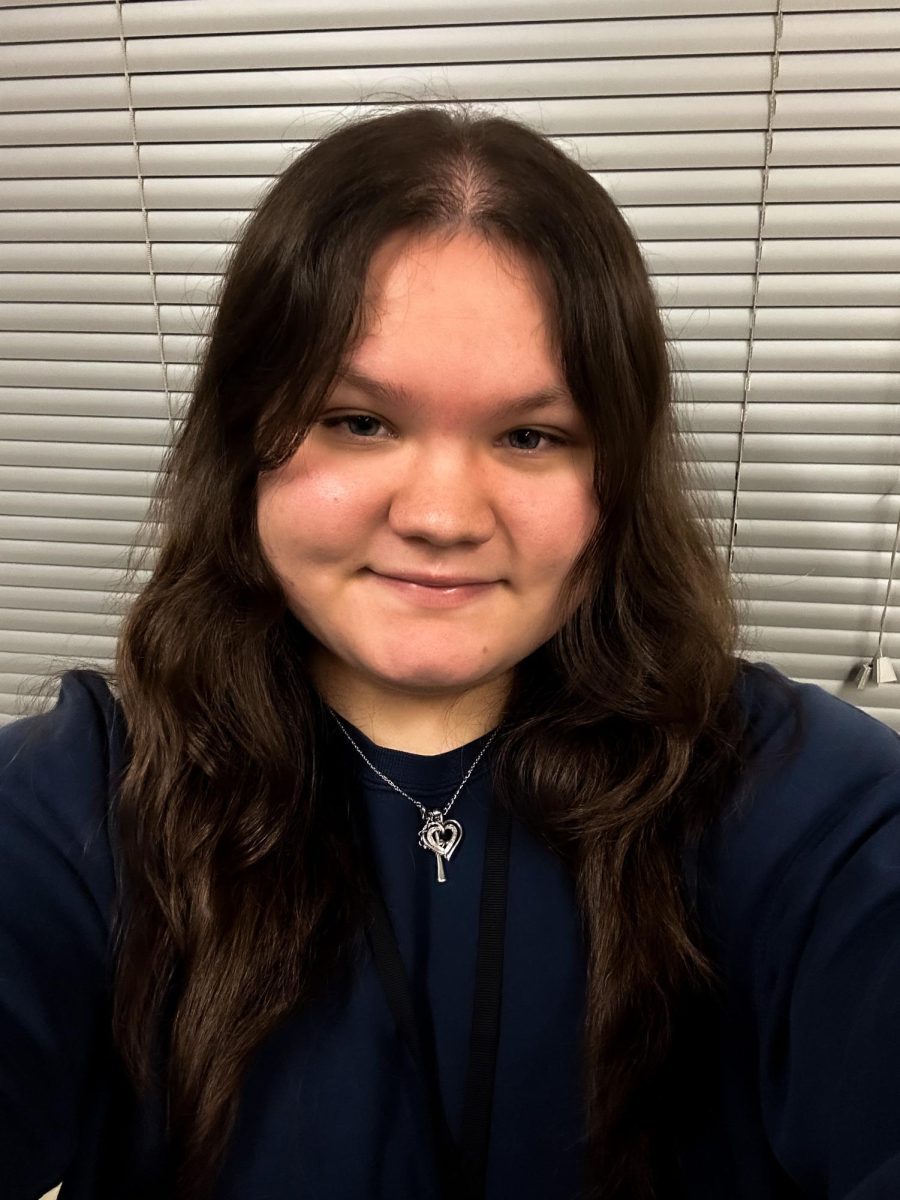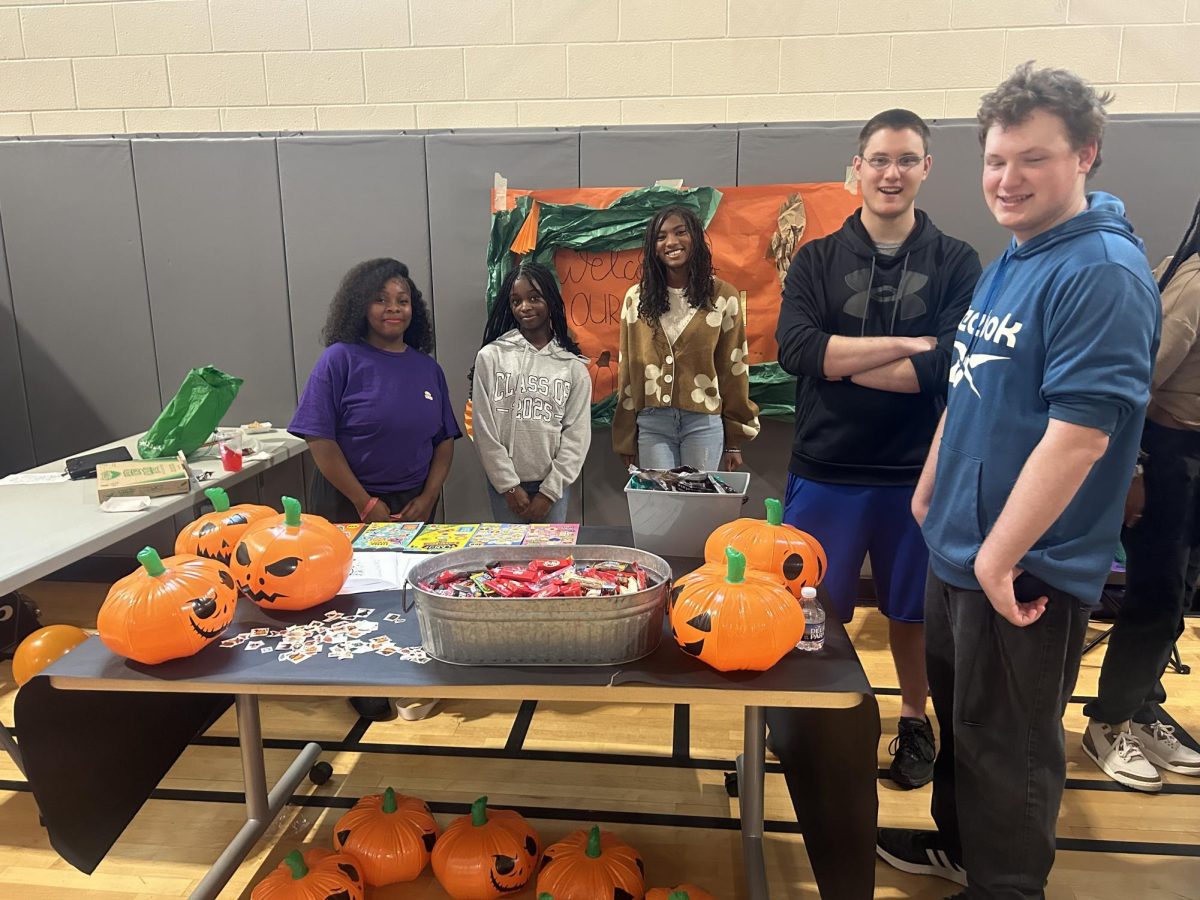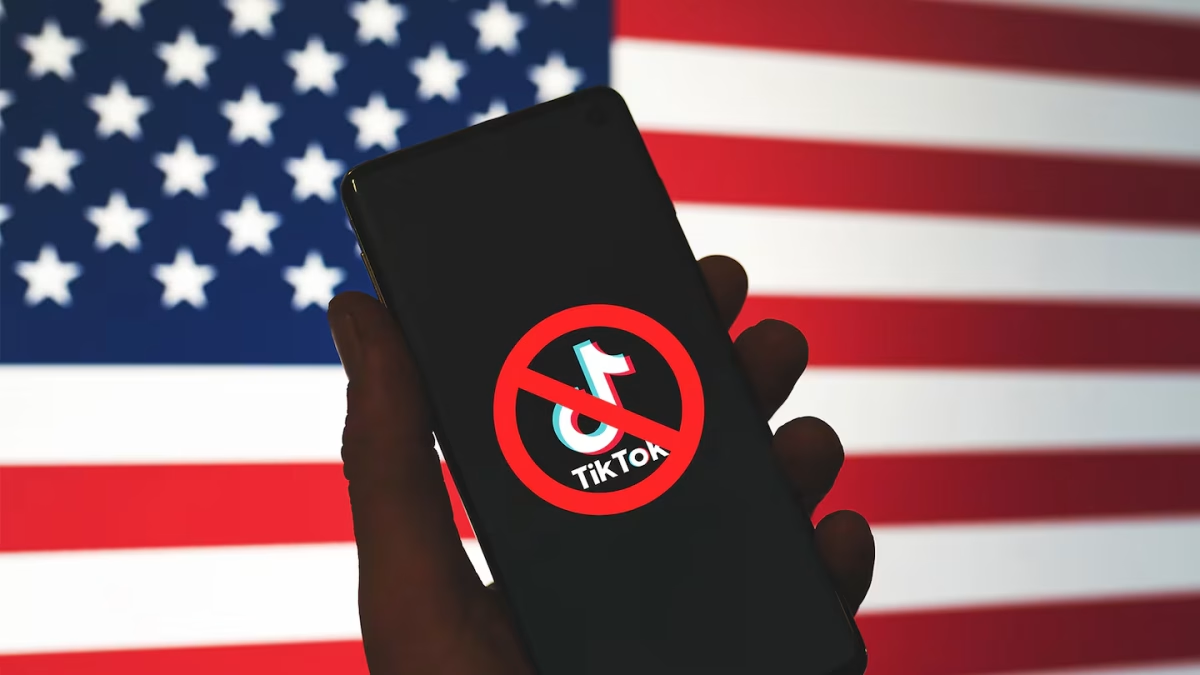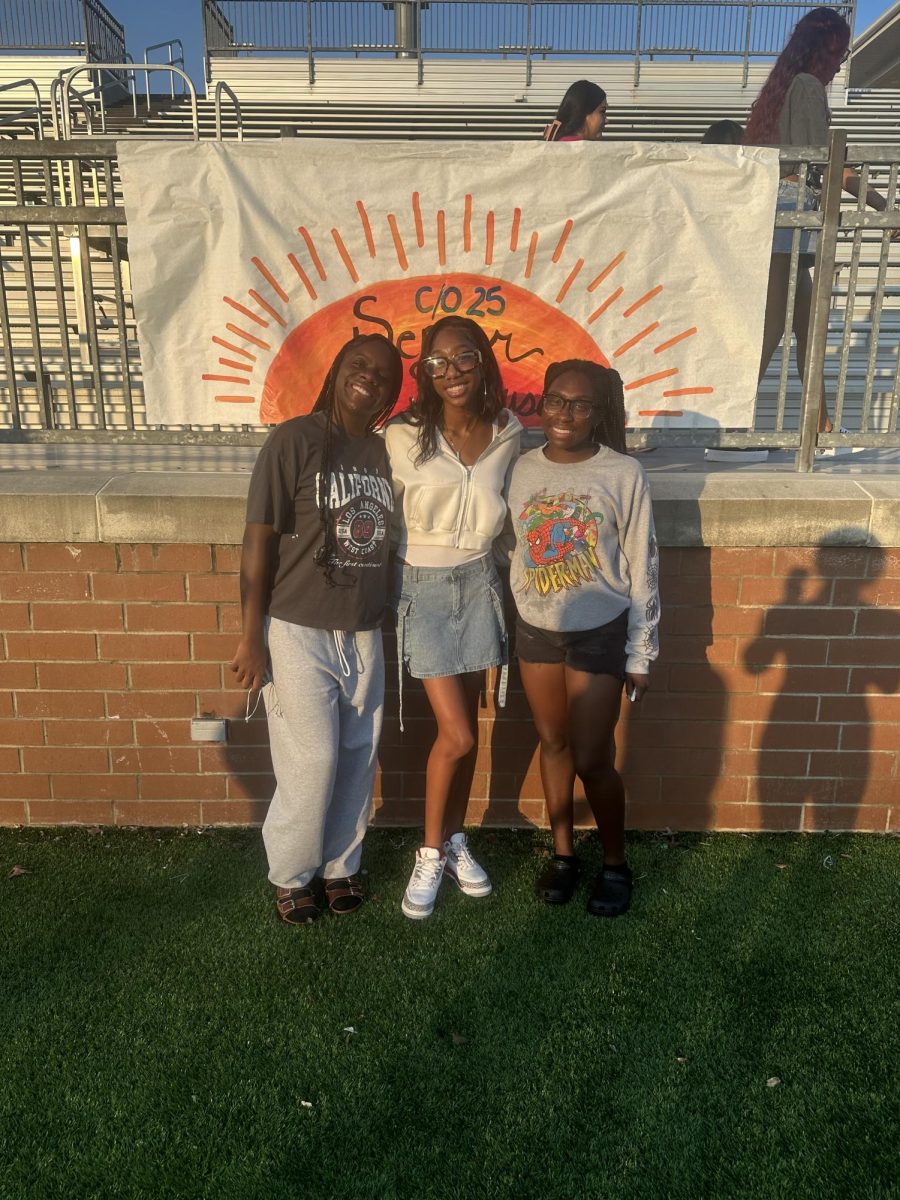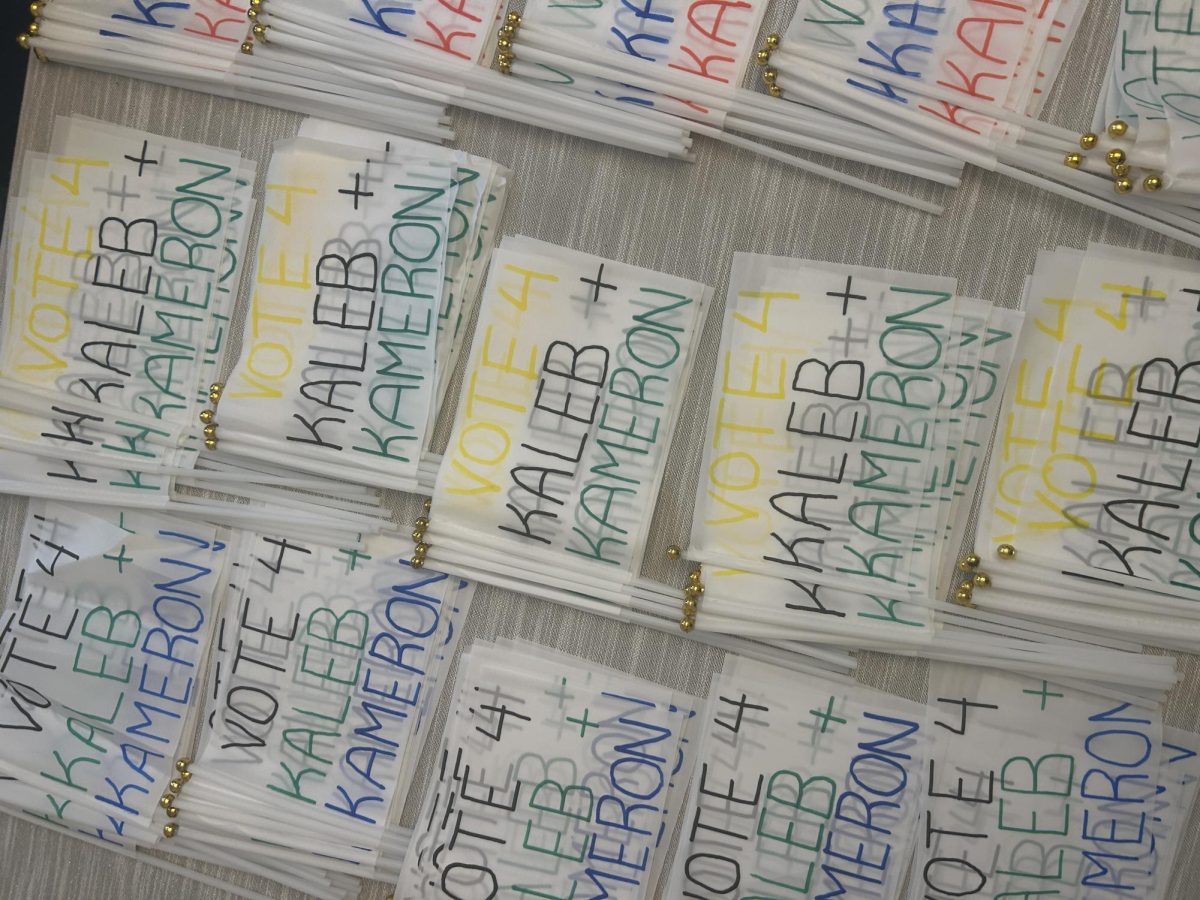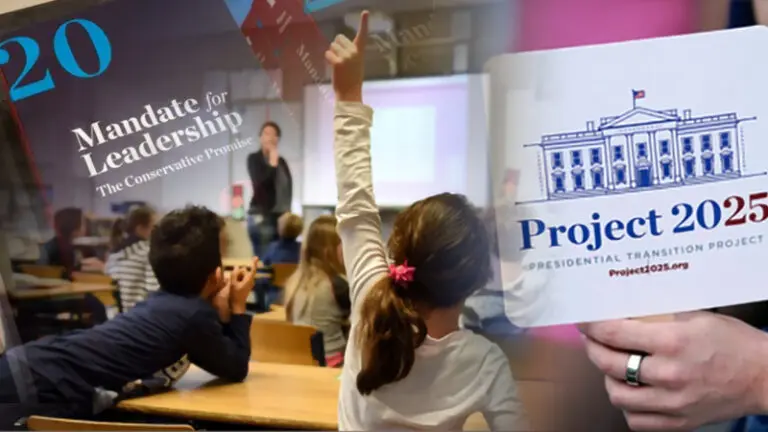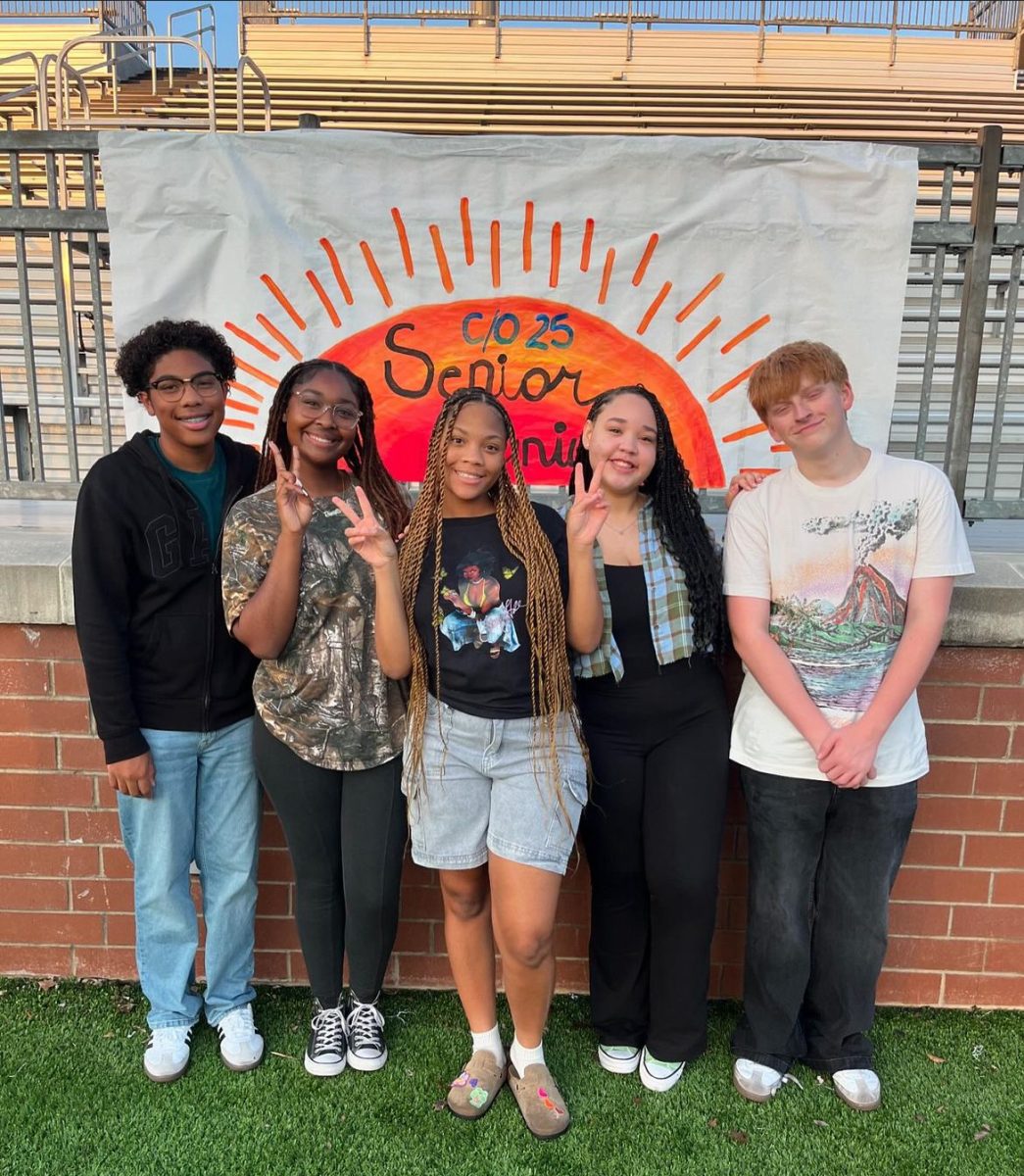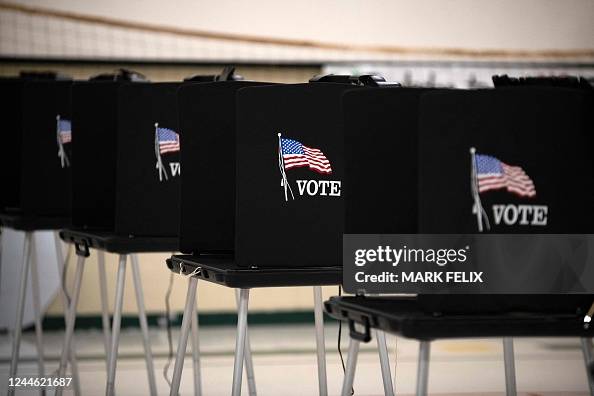
Trump’s latest presidential win has sparked political conversations amongst Westwood’s upperclassmen, increasing interest in civic duties and giving a deeper understanding of the electoral process and its impact on their future.
The November 5th election was a pivotal moment in American history, and its impact has rippled through various demographics, including high school students.
At Westwood, the students, particularly those in their junior and senior years, have experienced a range of emotions from Trump’s presidency. Spanning emotional, social, and academic concerns, Redhawks noticed a shift in the school’s atmosphere surrounding the election.
Redhawk junior, William Lever, discusses the shifts in how students reacted to each other throughout the election.
“I’ve noticed changes in the student’s behavior, especially as we got closer to the actual date. A lot of the students have been more hostile towards people with different thoughts, even more after the election.”
Trump’s win has a significant emotional impact on students. The election was highly polarizing, with strong opinions on both sides. The nationwide division that extended into the school environment altered surmounting tensions between students.
The emotional toll of navigating such a divided environment has been profound, leading to heightened stress levels and a need for increased support from school counselors and mental health resources.
“Everyone seems clicked off. You can see obvious tension within the students. Everyone decides to go off in their own world and their thoughts.” Lever stated.
Many students, who were just beginning to form their political identities, found themselves in a highly charged atmosphere. For some, Trump’s victory was a cause for celebration, aligning with their family’s political views and offering a sense of validation. Sarah Wilson, Senior Redhawk expresses how she feels Trump will have a positive impact on her.
“With Trump as president, I will be able to live comfortably once I get a steady job after college and not struggle as much. I am hoping that he will lower taxes and bring the cost of living down so he can bring back the American dream. I want the people to have more say in our country’s future.”
For others, whose political views oppose Trump’s, his win was a source of anxiety and fear. People from marginalized communities feel especially threatened by Trump’s proposals. Another senior Redhawk and American Red Cross public affairs officer, Kynadi Howard expressed the gravity of Trump’s win in her social circle.
“Knowing who voted for the person in our office has made me question their morals and respect, and I had to end up cutting people off and blocking them. I honestly can’t see people the same way. It’s made me realize what kind of world we live in, especially as a black woman.” Howard commented.
The strain the election results place on friendships has become more intense and, at times, confrontational. Discussions about politics, which were once lighthearted amongst teens, create a more temperamental student body. One where political beliefs play a more prominent role in social interactions.
However, the strain has also prompted a surge in political activism among students but it has influenced the aspirations and plans of many upperclassmen. The political climate under Trump’s administration has shaped their views on issues such as immigration, climate change, and social justice, which in turn has affected their career goals and college choices.
Some students have been inspired to pursue degrees in political science, law, or social work, driven by a desire to effect change and address the issues they are passionate about. Others have become more cautious, considering the potential impact of political instability on their future prospects.
“Before the election, I knew I wanted to be a health practitioner. With Trump in office, millions of jobs will be over and counted as illegal,” Howard states, “I had also thought about wanting to help children, but that will probably be limited because of the laws.”
The heightened political awareness has led to a greater interest in subjects like government, history, and social studies. Teachers have had to navigate a delicate balance, fostering open discussions while managing the strong emotions that these topics can evoke.
Some educators, like AP US history teacher Christopher Lowery, have taken the opportunity to incorporate current events into their curriculum, using the election as a real-world example to teach about the electoral process, media literacy, and civic responsibility. This approach has helped students develop critical thinking skills and a deeper understanding of the political landscape.
Senior class president, Davis Health, expresses how she thinks teachers, who are not allowed to openly discuss their political views, feel while they facilitate these conversations.
“I believe teachers have it hard. They have to be unbiased and not side with the students when they discuss it [the election] in class. And knowing that some students are siding with racism could make it difficult for them to not engage.”
Moreover, The impact of Trump’s win on the Redhawk upperclassmen is also evident in their engagement with the democratic process. Many students who were not yet old enough to vote in the 2016 election have since turned 18 and were eager to participate in future elections.
As these students move forward, they carry with them the lessons learned from this pivotal moment in history, ready to contribute to the ongoing dialogue and action that define democracy.

